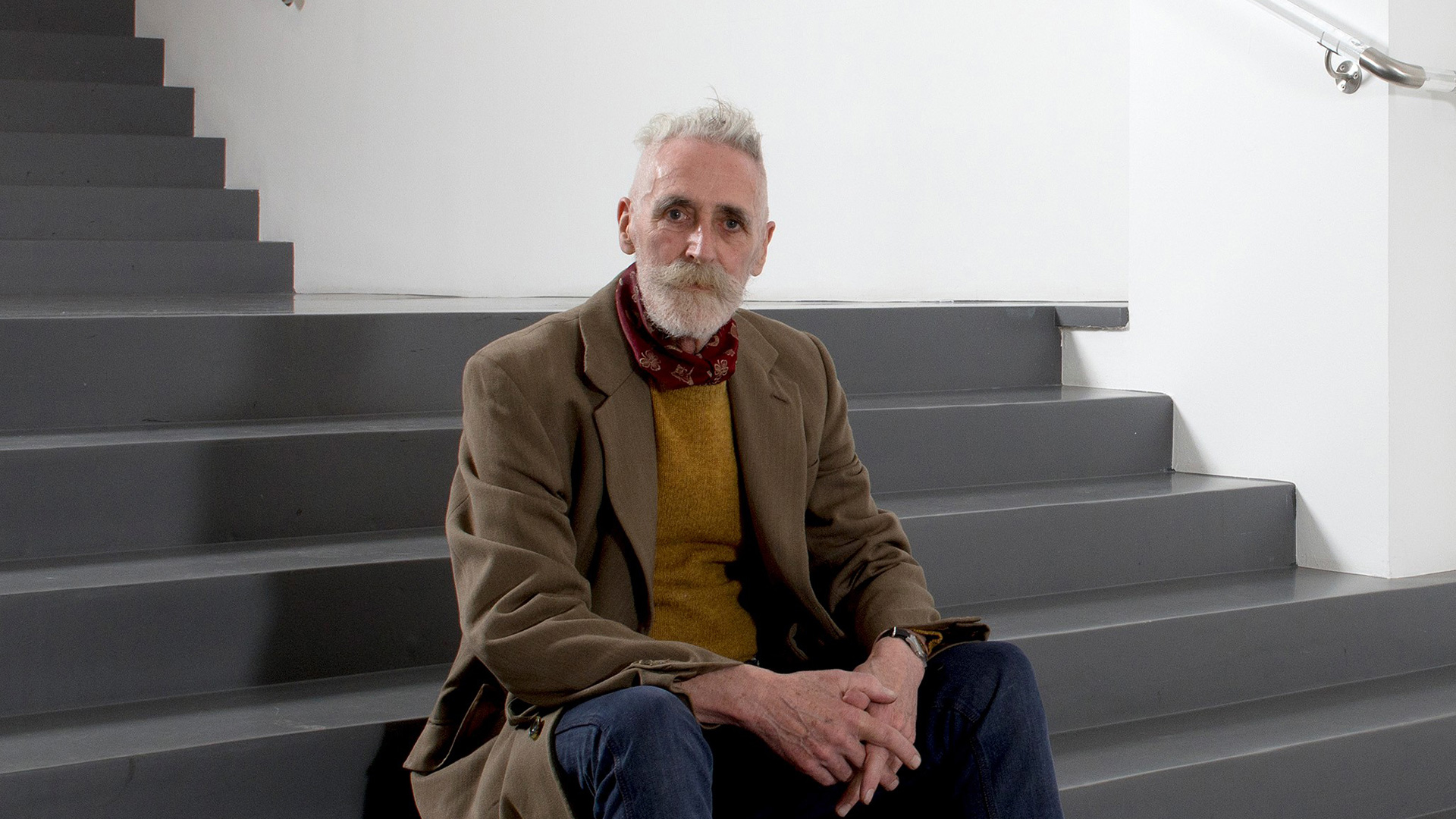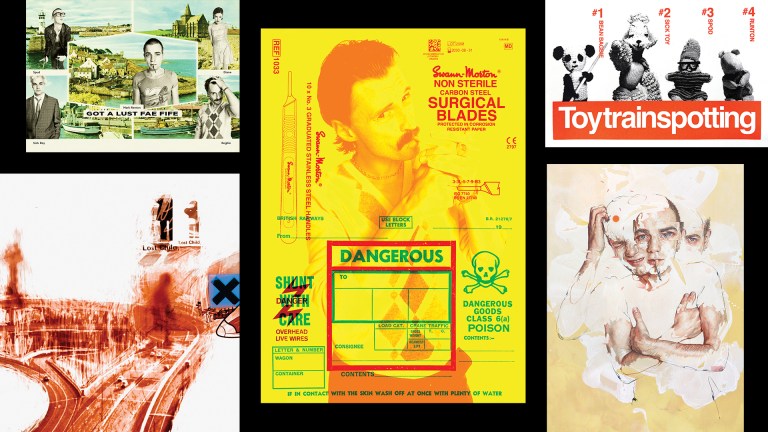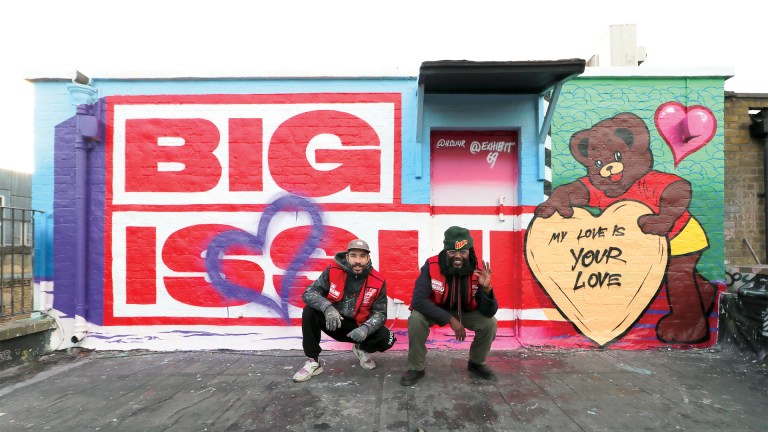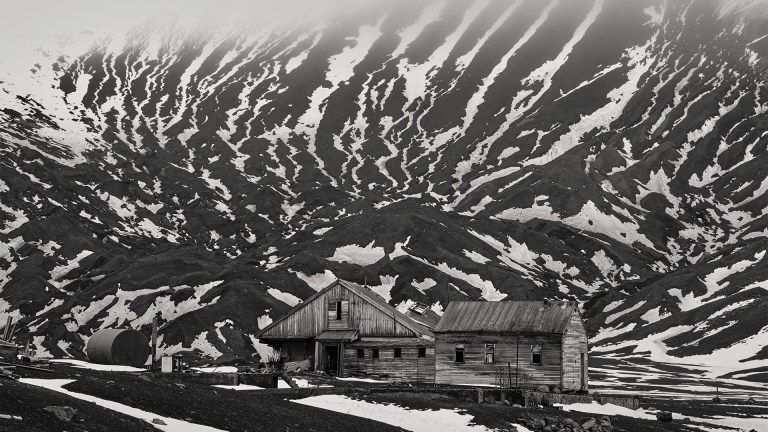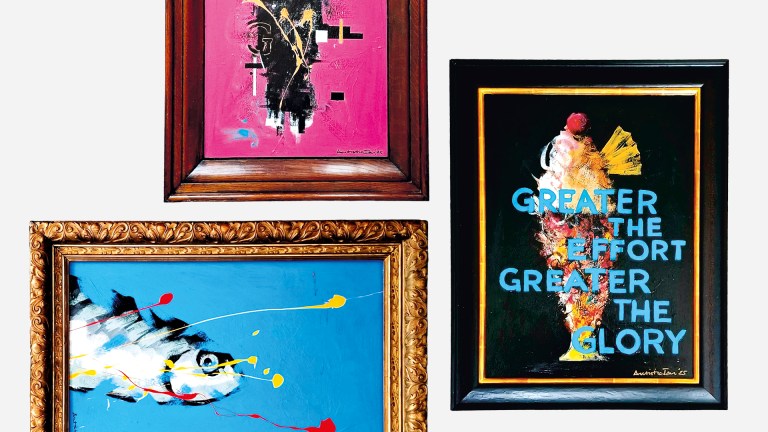When I was 16 my mind was caught up in clothes and hair. It was 1956, the time of the Teddy Boy. We used to go up to Glasgow to buy exclusive shirts from Esquires. Bob there had pictures of himself with Frank Sinatra and Dean Martin on the wall. I got my suits with a drape jacket made to measure – we paid them off in instalments. I especially remember one with green stripes; it was absolute rubbish. It creased the moment you sat down, and stayed creased all day. Hair-wise I had a Tony Curtis with a DA. That cost me half a crown. I had to do it very meticulously every day, with a back mirror.
I don’t remember starting to draw, it was just always what I did. My mother used to take me to Mr Brown’s art shop. Mr Brown had all the best art materials. One visit is still luminous in my mind. I was about eight. My mother brought a few watercolour brushes to the counter. And she showed Mr Brown some drawings of mine. Mr Brown looked at my pictures and said, give me those brushes back. He went off and came back with Sable brushes, the best you can buy. He said, ‘Mrs Byrne, you can’t keep a good man down.’
I took on every bully in the school. I couldn’t stand what they were doing, swaggering about coshing people
I was shy but I was a bit of a rebel too. I remember telling two teachers ‘you cannae teach’ and walking out of their classrooms. It was cruel, I regret it now. It was sheer bravado. But I also took on every bully in the school. I couldn’t stand what they were doing, swaggering about coshing people. I had to challenge it. I still remember their names. I was a skinny boy, but I battered buggery out of them. I often came home with dried blood around my nose but my mother never noticed. To this day, I will accept no authority above me. At all.
It never occurred to me that I might make a living out of drawing. It was just something I liked doing. I applied to the Glasgow School of Art when I was 16. The day I got the letter saying I’d got in, that was a huge deal. I ran and told my mother and I couldn’t wait till my father got in to tell him. They thought it was great. They had no idea about art or culture but they were so proud. They always said if I was happy they were happy. They never came to see anything I did but my prestige with them couldn’t have been higher.

My first work in the theatre was designing the set for Billy Connolly’s The Great Northern Welly Boot Show in 1972. And I also wrote The Welly Workers’ Prayer for the show, a parody of Our Father. The show was a right shambles but it was a good laugh. The Slab Boys at the Traverse (1978) was the real breakthrough. I remember the first night. There were people there who’d never been to the theatre in their life and they came out saying, oh God, that was wonderful. We won an Evening Standard theatre award for it. And Bernard Levin, one of the judges, said, ‘When I came out of The Slab Boys I believed there was no other playwright alive with such a broad horizon.’
I loved the TV version of Tutti Frutti (pictured below). There’s one moment I would have changed, when Danny tells Suzi he loves her. He spelled it out without emotion. He should have said it tenderly, it would have broken your heart. But I can’t change that now. Everything else I loved. I don’t think Emma Thompson has ever been better. But the BBC in Glasgow hated and loathed it. It took them 25 years to put it out on DVD. And 27 years to put out Your Cheatin’ Heart. There were people at the BBC who came in the day after the first episode of Tutti Frutti and said, ‘Oh God, did you see that last night! What an embarrassment!’
